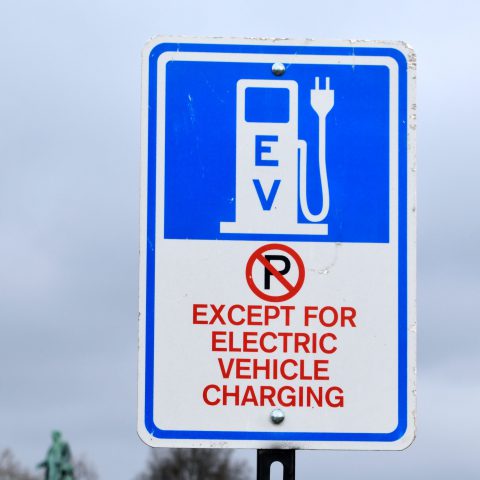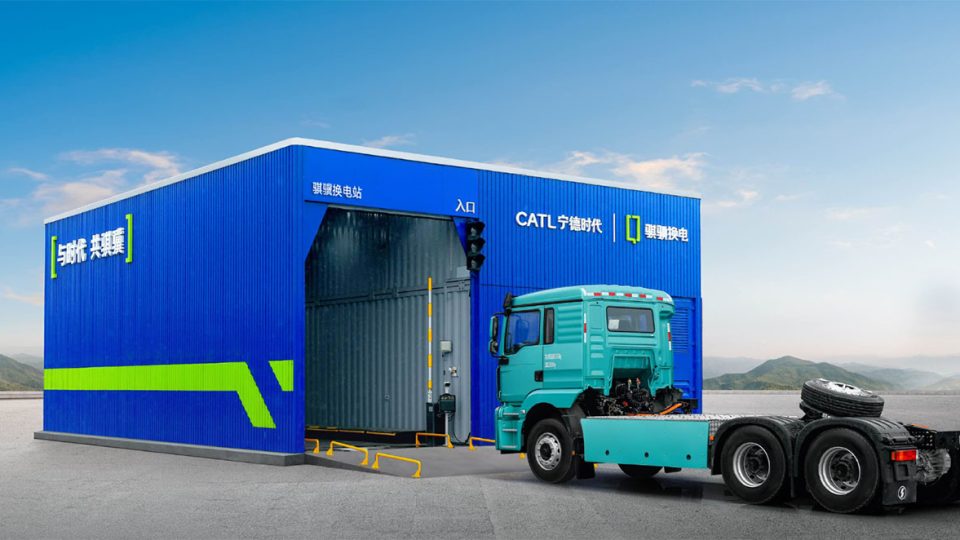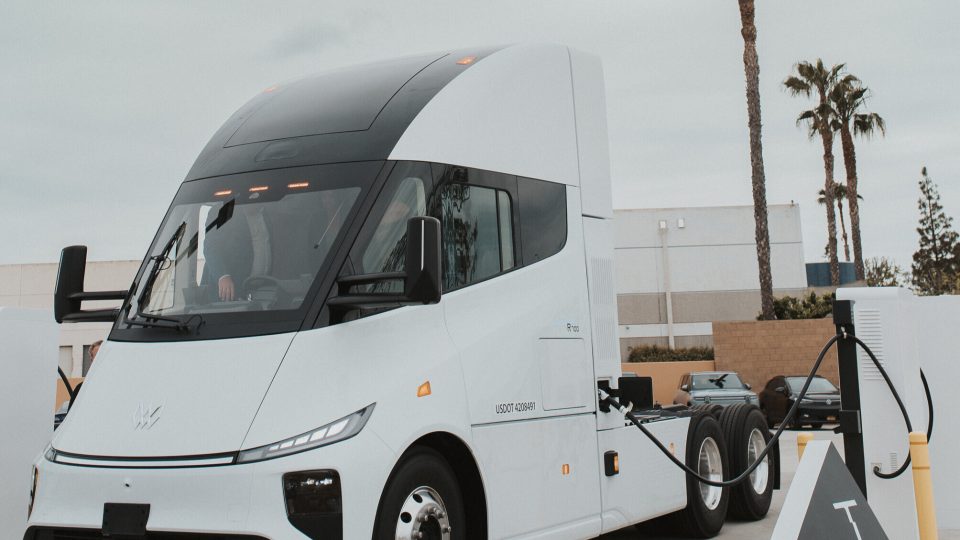Clean transportation. Interact Analysis and nonprofit organization CALSTART form research partnership
CALSTART has already been using a range of Interact Analysis research reports, including hybrid & electric trucks & buses, off-highway vehicles, and powertrain components. In particular, the data in these reports will support CALSTART’s case as they continue to educate on and promote policies in the US and globally on incentives and rebates for zero-emission vehicles.

There’s a new research partnership within the clean transportation industry. Interact Analysis (here’s the new website) and California-based nonprofit organization CALSTART have joined forces with the aim of working on shared projects and build a high-tech clean-transportation sector that creates jobs and curbs climate change.
As reported in the official press release, to inform their work, CALSTART has already been using a range of Interact Analysis research reports, including hybrid & electric trucks & buses, off-highway vehicles, and powertrain components. In particular, the data in these reports will support CALSTART’s case as they continue to educate on and promote policies in the US and globally on incentives and rebates for zero-emission vehicles. Low/zero-emission transport is one of Interact Analysis’s main research areas, and the company is renowned for producing highly detailed industry reports and market forecasts.
Interact Analysis and CALSTART hope for a long-term partnership
«It’s great to have Interact Analysis onboard, and we have already used their research findings in our work for zero emission vehicles and policy here in the US. It’s extremely important for us and our membership to have regularly updated granular data and informed projections on future market activity, particularly as we expand our global activities. We look forward to a long-term partnership which will be fruitful for CALSTART, Interact Analysis, and our members», commented John Boesel, president and CEO of CALSTART.

Entering into a new era
Alastair Hayfield (pictured above), research director at Interact Analysis, said: «Working with CALSTART is a new and exciting direction for us. We have been producing industry reports on the green transport sector for market-leading companies for a long time, and our knowledge of the topic is second-to-none. Right now, the clean transport sector, particularly battery EV technology, is coming of age and we are entering into an era of mass adoption. Transport is responsible for one third of all global emissions. This has to change».

















